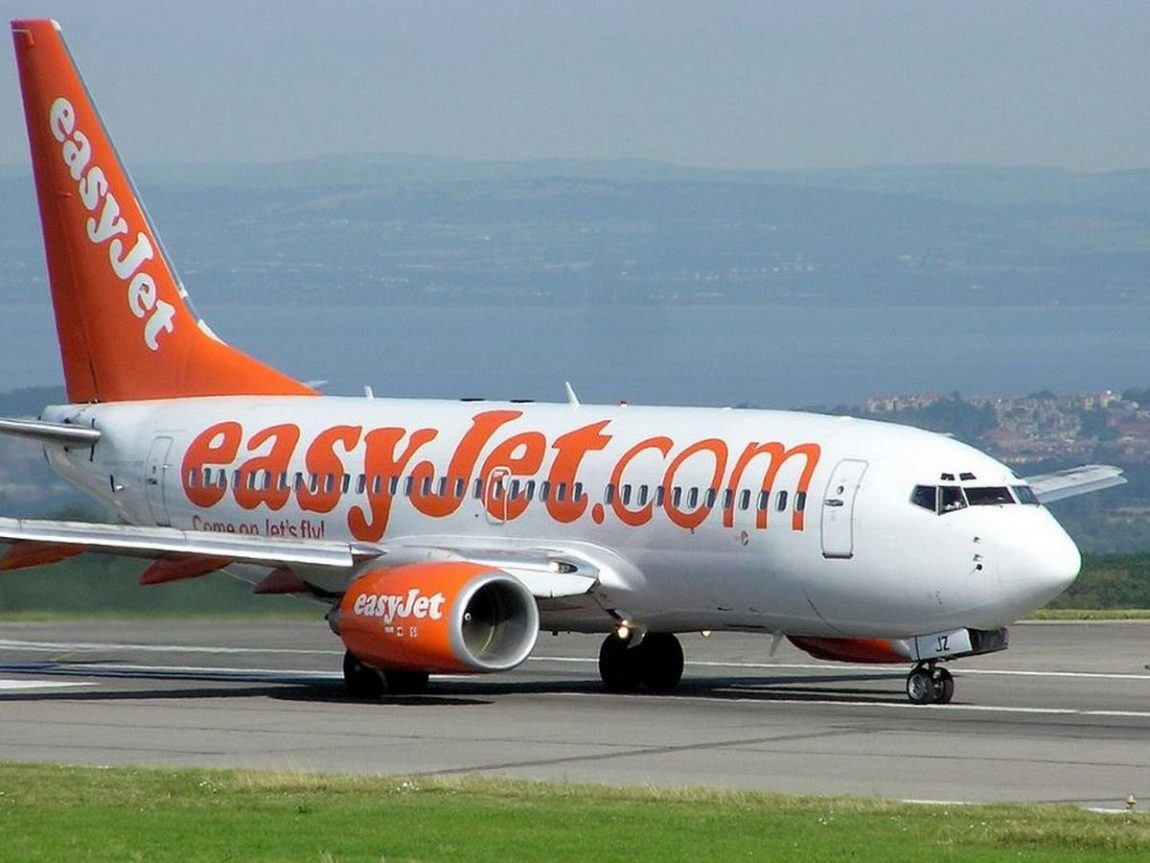Key points:
- An analyst at HSBC calls Easyjet the cheapest of the London listed airlines
- The undervaluation is claimed to be about 30%
- The rest of the market doesn’t agree, obviously
- EasyJet Shares Have Risen 7.54% in One Week – Will The Rally Continue?
Easyjet (LON: EZJ) is said by the airline's analyst at HSBC to be the cheapest in the sector. Or, to be more entirely accurate, “least expensive”. Andrew Lobbenberg also calls trying to value airlines as like nailing jelly to the wall so it’s possible to disagree with that valuation. As, indeed, the rest of the market seems to be doing.
The HSBC analysis says that the undervaluation is about one-third. Or, to run that back the other way, that there’s a 50% profit to be had there, assuming that valuations return to what they “should” be. There’s an awful lot resting on that word “should,” of course.
The more standard analysis is that Easyjet falls between two stools. Wizz Air and Ryanair (respectively small and larger than Easyjet) are significantly more “budget”. That means that Easyjet is, in many ways, in competition with the legacy airlines, not really in the budget sector. That alters costs and so margins.
Easyjet has announced the trading update for the first half of their fiscal year, to March 31. Losses have fallen – as with near all businesses in the recreational travel business, the winter months are expected to make a loss anyway. There’s been a significant recovery in passenger volumes, some evidence of pent-up demand. Easyjet is planning on having near to 2019 capacity over this summer. They’ve also got 64% of the fuel bill hedged, which will relieve any pressure from the current oil price.

Also Read: The Best Travel Stocks To Buy Right Now
Easyjet also points out that they’ve near no exposure to Eastern Europe – unlike Wizz Air, although that’s not expressly stated, it’s there – so events would seem unlikely to derail the recovery.
The thing about valuing airlines, though is that jelly to the wall problem. For actual results, profits being the thing we’re finally interested in, depends upon the interactions of two unknowns and unknowables. Things that can only be divined after they’ve happened.
Easyjet can plan their capacity, as they tell us they are. But what we don’t know is what is demand going to be? We can take a guess at it, but it’s always going to be a guess, however well or ill-informed. That demand, meeting that planned capacity, is what determines the load factor and for an airline that’s the crucial number. How full are the planes that are actually flying that is?
Sure, there are overheads to the business, but a very large portion of the costs is variable costs. An empty seat has near all the costs of a full one and none of the revenue, that is. So, that crucial number is how many of the seats actually flown get filled? That’s something we never will know until the end of the reporting period.
That’s also what, over time, the Easyjet share price will depend upon – how well-planned capacity meets actual demand and thus creates the load factor.




